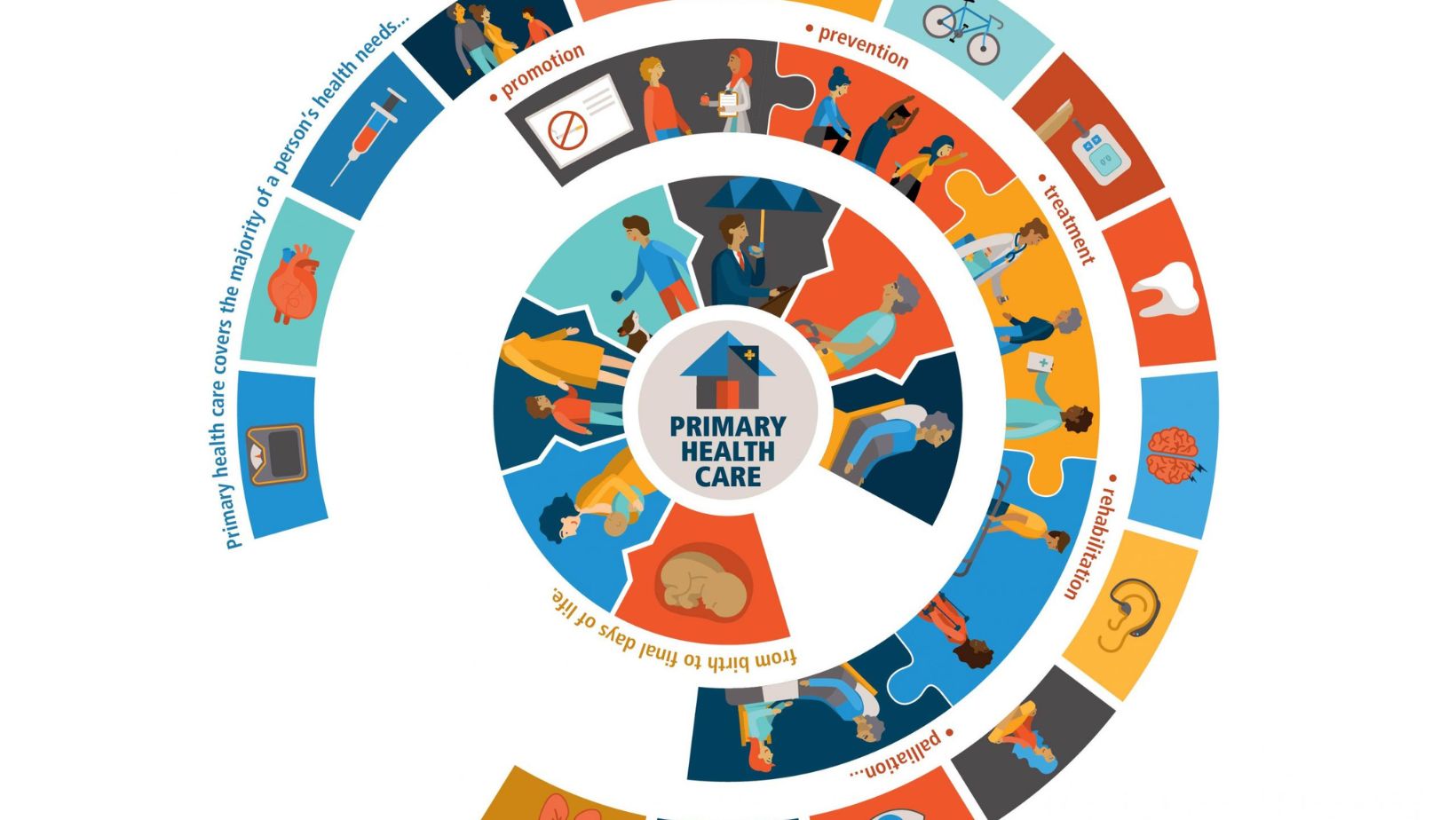
Primary care is an important part of the healthcare system that offers various services to promote physical and mental wellness. These include preventive care, acute care emergency interventions, and specialized treatment plans.
This post will provide an in-depth overview of primary care, why it’s important, and factors to consider when choosing a primary care clinic in Houston.
What Is Primary Care?
Primary care is a term used to describe the first point of contact individuals have with the healthcare system when they have a health issue that is not an emergency. It is a type of healthcare that primarily focuses on providing comprehensive, continuous, and coordinated care throughout a person’s life.
Medical professionals who provide primary care include general practitioners (GPs), nurse practitioners, pediatricians, family practice doctors, internal medicine doctors, dentists, physiotherapists, geriatricians, obstetricians, and gynecologists.
Generally, primary care providers offer a wide range of healthcare services to help you stay healthy and free of diseases. These services include:
· Preventive care services, such as immunizations, vaccinations, blood pressure monitoring, cancer screenings, and cholesterol checks
· Acute care involving the diagnosis and treatment of common illnesses, such as flu, infections, colds, and injuries
· Women’s health services, such as pregnancy testing, prenatal care, pap smears, contraception counseling, mammograms, and gynecological exams
· Men’s health services, such as prostate exams, testicular exams, testosterone checks, and sexual health counseling
· Routine physical examinations, such as visual and hearing exams, body mass index (BMI) assessments, and comprehensive physical exams
· Chronic disease management involving ongoing care of conditions such as arthritis, cancer, asthma, diabetes, high blood pressure, cystic fibrosis, Chronic Obstructive Pulmonary Disease (COPD), Crohn’s disease, and mental health issues
· Health education and counseling on various aspects like weight loss, nutrition, smoking cessation, and lifestyle modification
Why Is Primary Care Important?
Most people associate seeing a healthcare provider with being sick or injured. However, even the healthiest individuals are advised to see primary healthcare providers occasionally in order to manage their health in the best way possible. That said, here’s why primary care is important:
Early Detection of Health Conditions
Although it may seem tedious to have your temperature, blood pressure, or weight checked every time you visit your primary care physician (PCP), these routine checks are important for identifying early warning signs of diseases. If your primary care provider detects a certain health issue during these regular screenings, they can quickly develop the appropriate treatment plans. This can help expedite the recovery process and prevent chronic diseases in the future.
Coordination of Care
Primary healthcare providers are trained to attend to your physical and mental health needs.

However, some medical conditions may require you to see a specialist. In that case, your primary healthcare provider can refer you to the best specialists near you.
Long-Term Relationships
Establishing a long-term relationship with your primary healthcare provider will make you feel more comfortable conversing about your health and asking the right questions to meet your medical needs. Plus, scheduling regular checkups with your primary care provider over the years will help them better understand your medical history, lifestyle, and health needs. All this contributes to better health outcomes.
Choosing a Primary Care Clinic in Houston
Choosing a primary healthcare provider is an important decision that can easily impact your health and overall well-being for many years. That said, the following are the factors you must consider when choosing a primary care clinic:
Qualifications and Experience of the Primary Care Providers
Just like you wouldn’t want an unqualified and unlicensed individual as your cab driver, you wouldn’t entrust your health to a primary healthcare provider without the appropriate skills. Ensure you choose a primary care clinic with qualified, experienced, and licensed medical professionals to provide the care you need. Fortunately, you can find this information on the primary care clinic’s official website or by contacting their office.
Accessibility and Location
Although choosing a primary care clinic solely based on its proximity to your home or workplace is not advisable, it is something to consider. If you’re feeling unwell at night and need to see your primary healthcare provider, you have easier access to someone located near you. The last thing you want to do is drive halfway across the H-Town for an appointment with a primary care provider.
Finding a primary care clinic near your home or workplace makes it easier to schedule appointments. Also, choosing a primary care provider near you means you’ll be able to get there quickly in an emergency.
Business Hours
In addition to choosing a primary care clinic near you, the facility should have flexible working hours. If you work a 9 to 5 job, it’s best to find a clinic that offers evening and weekend hours or the option to schedule a telehealth appointment. It would help if you chose a facility that will give you convenient primary care whenever you need it without drastically adjusting your daily schedule.
Services Offered
Most reputable primary care clinics offer preventive and routine health care services. However, not all facilities offer more comprehensive primary healthcare services, such as surgical care, physiotherapy, dental care, nutrition care, pain management, and behavioral care.
For specialized vision care, such as routine eye exams or treatment for eye conditions, you may need to visit an eye doctor Plymouth for dedicated optometry or ophthalmology services. If these healthcare services are important to you or your loved one, ensure you go for a primary care clinic that offers them.
Considering this factor means you won’t have to look for different primary care facilities to treat various health conditions. You should prioritize this aspect if you’re looking for a one-stop shop for all your health needs.
In-Network
Before making your final decision, confirm that your preferred primary care clinic accepts your health insurance. Most health insurance providers negotiate special discounted rates for medical services with various medical professionals and primary care clinics in your area.

All healthcare providers who have agreed to work with your health insurance provider are referred to as in-network. Choosing an in-network primary care clinic will help you avoid the hassle of appeals and unexpected out-of-pocket expenses.
Choose the Right Primary Care Providers
Finding the ideal primary care provider for you and your loved ones shouldn’t be difficult. With the above tips, you can confidently navigate Houston’s healthcare landscape and find a primary care clinic to prioritize your health and overall well-being.











